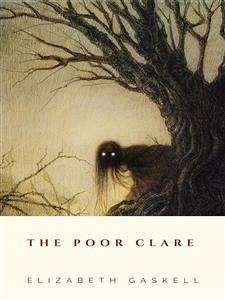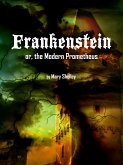As a writer, Elizabeth Gaskell often sought to cast light on the stark differences between social classes in the Victorian era. But in the remarkable novella "The Poor Clare," she takes issues of class, socioeconomic status, and religious differences out of the drawing room and embeds them in a spine-tingling tale of gothic suspense.
Bitte wählen Sie Ihr Anliegen aus.
Rechnungen
Retourenschein anfordern
Bestellstatus
Storno









